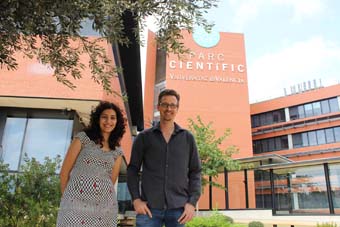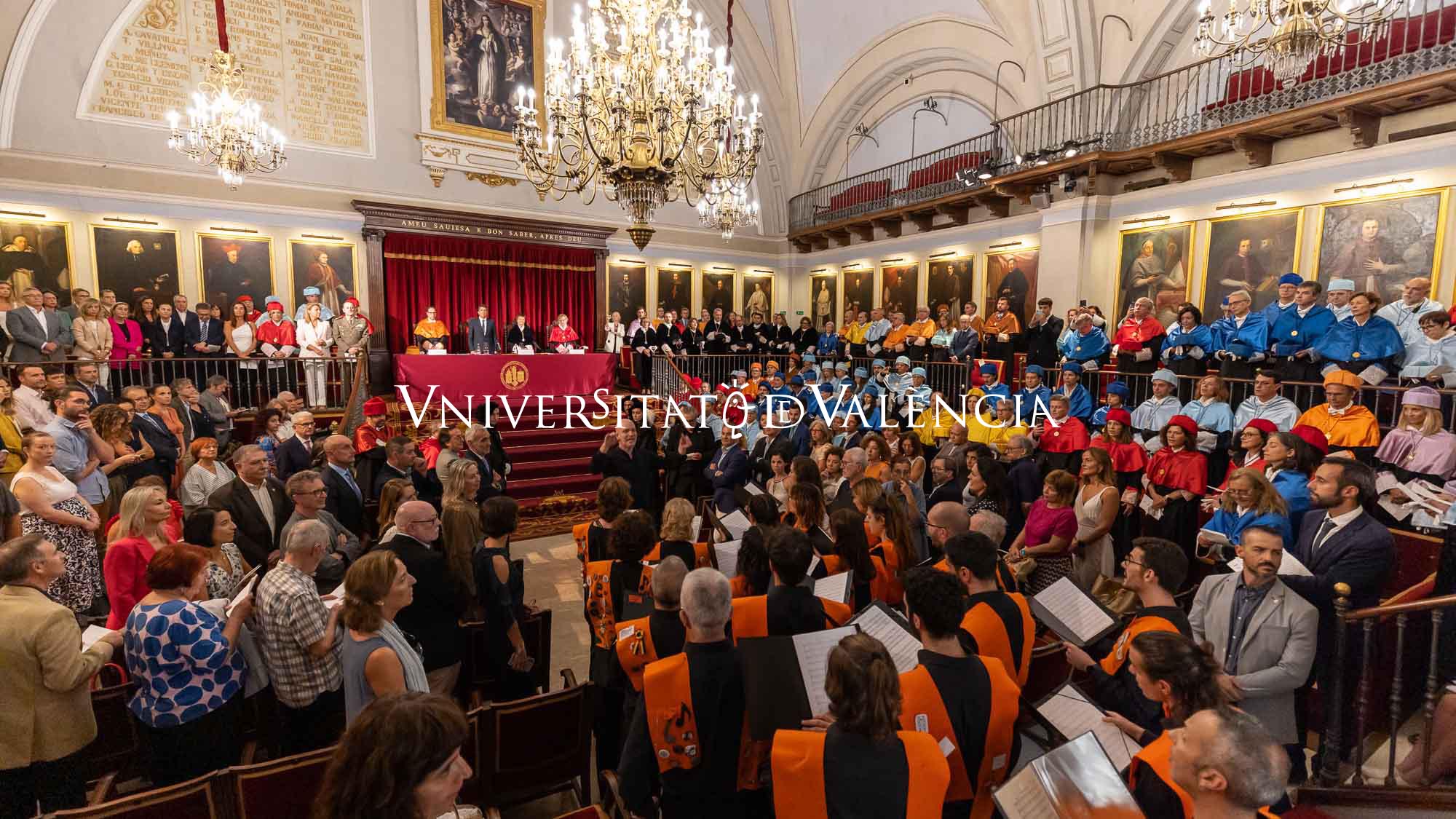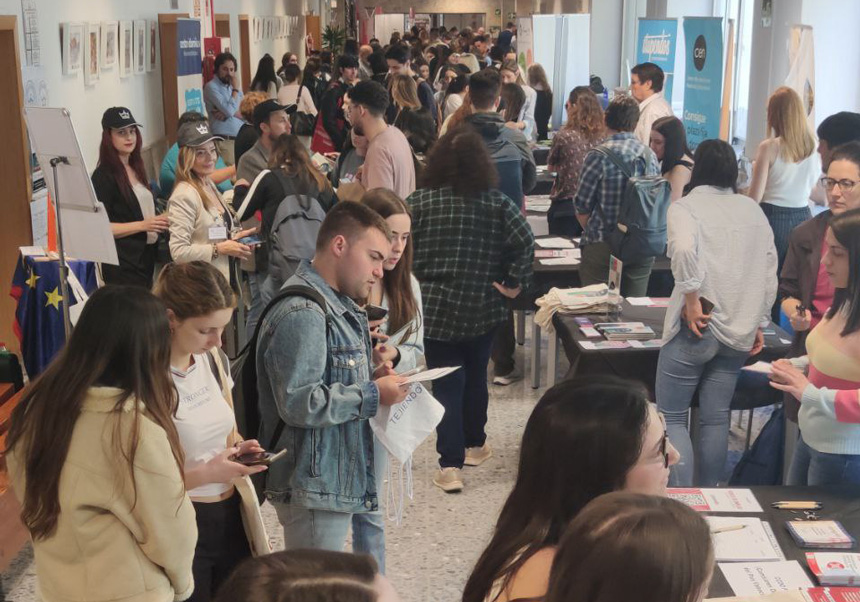
Christina Vilanova and Manuel Porcar, researchers from the Institute of Integrative Biology of Systems at UV and from CSIC have proposed changing the way in which the studies about microbe composition of biological samples through massive sequencing are carried out. The article, published in the journal “Nature Microbiology” posits that the massive information which has to be integrated with the criteria of innovative microbe cultivation and interpreted from an ecological standpoint.
The proposed change affects the way that studies of microbiome are conducted, consistent with analzing the microbe composition of a sample through massive sequencing. That is, a large-scale reading of DNA of the organisms which are found. This analysis can be done in any kind of ecosystem (soil, water, human stool...) and has an application in biotechnology, biomedicine and any other discipline related with microbial communities.
“This is a first time that such a holistic strategy is proposed for these studies; one which includes innovative techniques of recent development, such as for example, the prediction of consortiums or on-site cultivation, some of it carried out in our laboratory”, the researcher from Instituto de Biología Integrativa de Sistemas (Institute of Integrative Biology of Systems) indicated.
Vilanova and Porcar point out that research experience has show them that it is necessary for massive data obtained in this kind of studies to combine two different points of view. On the one hand, there are the innovative cultivation techniques which allow the researchers to physically isolate species of microbes that interest them, and to go beyond the data shown by the computer.
On the other hand, the researchers aim to interpret the results from an ecological point of view, which means that they can detect natural associations of microorganisms instead of making never-ending lists of individual species. In this way, they highlight the fact that microorganisms don´t really live in isolation, whatever ecosystem they are in.
In the light of this perspective, contemporary sequencing technologies are so potent that they give more information than researchers are able to interpret. “In fact, there is more and more data left without interpretation in the databases”, Cristina Vilanova pointed out. The article titled “Are multi-omics enough?” remarks that there are billions of species of microorganisms to be discovered. It also talks about the challenge of reducing complexity in order to improve understanding.
“We believe that with the proposed strategy, these studies can be much more informative and, as a result, so much more useful for environmental studies or even health sciences”, says the researcher from the Institute. Vilanoca and Porcar say in their article: “We foresee a brilliant future in microbial ecology, a field in which soon we will see the analysis of databases which need approaches able to condense gigabytes of information and draw simpler conclusions which could have an ecological impact”.
Cristina Vilanova and Manuel Porcar are members of Instituto de Biología Integrativa de Sistemas (Y2SysBio), a mixed centre of Universitat de València and CSIC; as well as Cavanilles Institute of Biodiversity and Evolutionary Biology. Their lines of research are focused on synthetic biology and applied microbiology, in which they have carried out recognized projects about microbial communities in artificial habitats like solar panels and different home appliances. Furthermore, the two are co-founders of a start-up called Darwin Bioprospecting Excellence.
Article:
Cristina Vilanova i Manuel Porcar (2016) «Are multi-omics enough?», Nature Microbiology. Published 26 July 2016 Article number 16101. DOI: http://dx.doi.org/10.1038/nmicrobiol.2016.101
Link:
http://www.nature.com/articles/nmicrobiol2016101
Read-only version: https://t.co/eGEkRMNon2
Last update: 27 de july de 2016 07:00.
News release


















